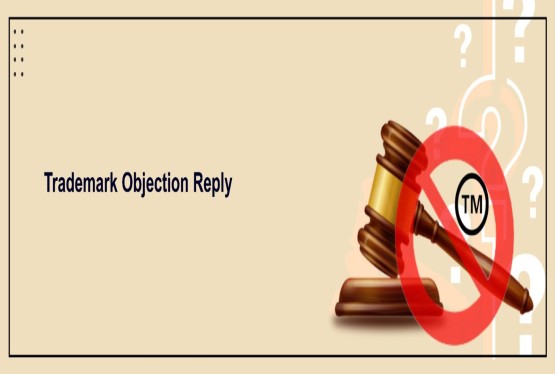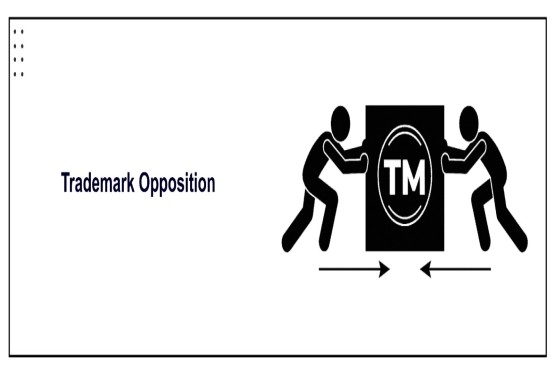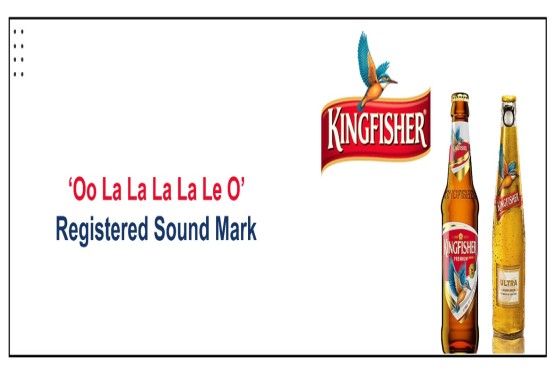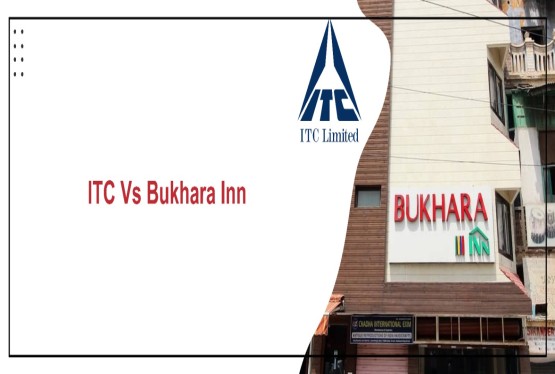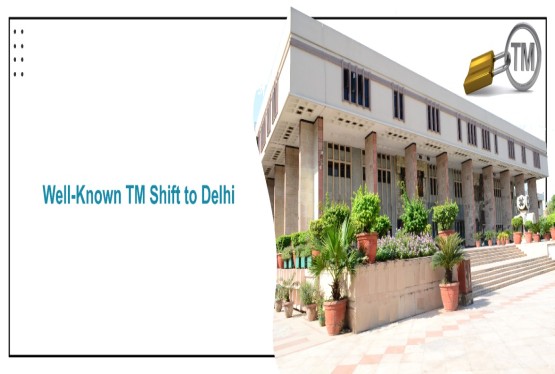Brand identity is the most asset for businesses of all sizes especially for foreign entities looking to enter or expand in the Indian market. Protecting your brand in India requires trademark registration, even if you are a foreigner or a company incorporated outside the country. Fortunately, India’s trademark laws provide an inclusive framework that allows foreign applicants to register their trademarks with the same rights and protections as domestic entities.
Is Trademark Registration in India Allowed for Foreigners?
Yes. Under the Trade Marks Act, 1999, there is no restriction on nationality. Any individual or entity, Indian or foreign, can apply for trademark registration in India. Foreigners enjoy the same rights and protection as Indian applicants, and they can file for trademark registration in India either directly or through their authorized agent or attorney.
Why Should Foreigners Register Trademarks in India?
India is one of the largest consumer markets globally. If a foreign company sells, manufactures, distributes, or even plans to enter India, registering a trademark helps:
-
Prevent brand misuse or Trademark Infringement
-
Establish legal ownership in India
-
Enable legal action against counterfeiters
-
Protect goodwill and reputation
-
License or assign the brand legally
Even if your brand is registered abroad, it won’t automatically provide protection in India unless it is registered here.
Legal Framework and International Agreements
India is a signatory to several international treaties that protect the rights of foreign trademark holders, including:
-
Paris Convention for the Protection of Industrial Property
-
Madrid Protocol (since 2013) – allowing foreign applicants to register trademarks in India through a single international application.
-
TRIPS Agreement (under WTO)
Thus, foreign applicants can either register directly with the Indian Trademark Registry or file through WIPO’s Madrid System, provided their home country is a Madrid Protocol member.
Trademark Registration Options for Foreigners in India
1. Direct Filing with the Indian Trademark Office
Foreigners can apply under:
-
Single-class application: For one class only.
-
Multi-class application: For multiple classes in one application.
2. Filing Through the Madrid Protocol
If you’ve already registered or applied for a trademark in your home country, you can file an international application under the Madrid Protocol, designating India as one of the countries where protection is sought.
Who Can File the Application?
A foreigner or foreign company must appoint an Indian trademark attorney or agent to file the application and represent them before the Indian Trademark Registry.
Documents Required for Foreign Applicants
-
Name, nationality, and address of the applicant.
-
Trademark/logo to be registered.
-
Description of goods/services (as per Nice Classification).
-
Date of first use in India (if applicable).
-
Power of Attorney (Form TM-48) signed by the applicant.
-
Certified Priority Document (if claiming priority under Paris Convention).
-
Details of foreign registration (for Madrid applicants).
Step-by-Step Trademark Registration Process in India for Foreigners
Step 1: Trademark Search
Conduct a public trademark search through the IP India portal to ensure no similar or identical mark exists.
Step 2: Filing the Application
File Form TM-A either online or through an authorized trademark attorney in India. Select the appropriate class(es) under the Nice Classification.
Step 3: Examination by Trademark Office
The application is examined for uniqueness, legality, and conflict with existing marks. An Examination Report is issued within 3–6 months.
Step 4: Response to Examination Report
If objections are raised, your attorney must respond within 30 days, justifying your claim. A hearing may also be scheduled.
Step 5: Publication in Trademark Journal
If accepted, the mark is published in the Journal for public opposition.
Step 6: Opposition Period (4 months)
Any third party can oppose the application. If opposed, the Registrar conducts a hearing.
Step 7: Trademark Registration Certificate
If unopposed or the opposition is resolved in favor of the applicant, the Registrar issues the Registration Certificate.
Trademark Registration Time and Validity
-
The entire process can take 12 to 18 months, depending on objections or opposition.
-
Once registered, the trademark is valid for 10 years and can be renewed indefinitely every 10 years.
Benefits of Trademark Registration in India for Foreigners
-
Legal protection against unauthorized use: Trademark registration in India grants exclusive rights to the owner to use the mark in connection with the goods or services for which it is registered. For a foreign entity, this protection is vital to prevent others in India from copying, counterfeiting, or using a similar mark that could mislead consumers. If infringement occurs, the registered trademark holder has legal grounds to take action under the Trade Marks Act, 1999.
-
Ownership proof in Indian jurisdiction: A registered trademark serves as solid legal evidence of ownership in India. For a foreign company or individual, this is especially important to claim rightful use and stop competitors or distributors from misusing the brand name. The trademark certificate issued by the Indian Trademark Office is a recognized legal document in court proceedings.
-
Brand recognition in Indian markets: India is a vast and diverse consumer market. A registered trademark enables foreign brands to establish their presence and reputation across Indian states with consistency. A trademark gives customers confidence that the product or service is genuine, which builds trust and brand loyalty over time.
-
Business expansion opportunities: Trademark registration opens doors to expand operations in India—whether through direct sales, joint ventures, subsidiaries, or distributors. A protected brand name reduces legal risks when launching new products or entering new sectors within India, giving the foreign business a strategic advantage.
-
Licensing and franchising rights: Once registered, a foreign entity can license its trademark to an Indian company or enter into franchise agreements to expand the business without setting up a physical office. The registration enables the brand owner to control how the brand is used and earn royalties from Indian licensees while protecting the brand’s integrity.
-
Ability to initiate infringement suits: Without registration, a foreign business may face difficulty in enforcing its brand rights in India. But with a registered trademark, the owner has the right to sue for infringement in Indian courts under Section 29 of the Trade Marks Act. Remedies include injunctions, damages, and seizure of counterfeit goods. This deterrent helps maintain exclusivity and discourages brand misuse.
Important Points to Remember
-
Use in India is not a requirement for applying, but prior use can strengthen your claim.
-
Registration in India is territorial, i.e., it protects your mark only within Indian jurisdiction.
-
If your mark is registered abroad, priority can be claimed in India under the Paris Convention if filed within 6 months.
-
Well-known trademarks have higher protection, even without registration, but proving such status is more complex and time-consuming.
Conclusion
Trademark registration in India is essential for foreign companies and individuals who wish to protect their brand in one of the world’s fastest-growing markets. The process is legally structured, open to foreigners, and backed by international treaties. However, navigating Indian IP laws requires a trusted local legal partner or trademark agent. Registering early ensures your brand is protected from misuse and gives your business a competitive edge in India’s diverse and dynamic marketplace.






























_(b)_of_the_Trademark_Act,_1999_(1)_crop10_thumb.jpg)



_crop10_thumb.jpg)




























_crop10_thumb.jpg)
_crop10_thumb.jpg)






_crop10_thumb.jpg)








_crop10_thumb.jpg)



_crop10_thumb.jpg)





























_crop10_thumb.jpg)

















_crop10_thumb.jpg)






_crop10_thumb.jpg)












































































































































_crop10_thumb.jpg)




































_crop10_thumb.jpg)












_crop10_thumb.jpg)














































_crop10_thumb.jpg)






































































































